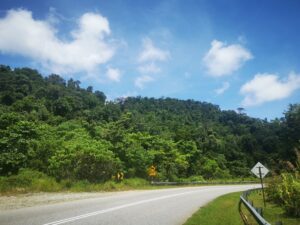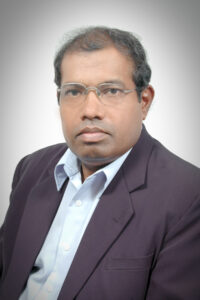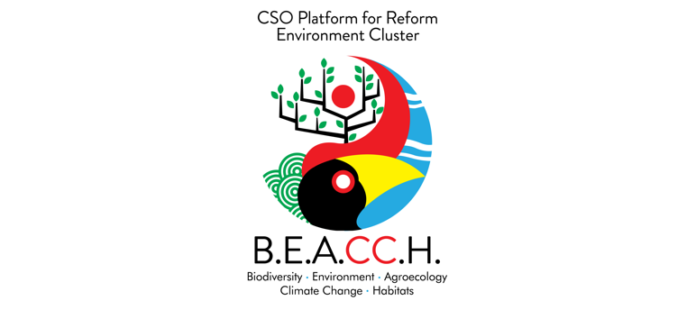Petaling Jaya, 10 June 2022- B.E.A.CC.H.,the environment cluster of the CSO Platform for Reform, is alarmed that rare earth mining is expected to take place in three land parcels amounting to some 1,430.634 acres (578.957 hectares) forests in Hulu Perak.
This is on top of eight plots of nearby state-owned agriculture land with a total of 3,907.882 acres (1,581.438 hectares) also allocated for rare earth mining in the northern Perak district.
According to an executive summary on the proposed project available on the Department of Environment (DOE)’s website, the 1,430.634 acres of forested lands are owned by MBI Perak.
We echo Sahabat Alam Malaysia’s legitimate concern that the state and federal authorities have approved a large-scale mining project in a Rank 1 Environmentally Sensitive Area.

We are particularly worried that this project would affect two forest reserves: the Kenderong Forest Reserve and Bintang Hijau Forest Reserve.
“They are part of the Central Forest Spine that ought to be left untouched. These forests are home to endangered species such as tigers, elephants and the Malayan tapirs, according to the above– mentioned executive summary,” said Leela Panikkar, coordinator of B.E.A.CC.H.
The director of Treat of Every Environment Special (TrEES) said the opening up of these areas could significantly increase the risk of poaching of endangered species as well as illegal logging in these forests.
TrEES is a member of B.E.A.CC.H.
Leela also questioned the lack of rare earth mining expertise among the state-appointed companies: “Do these three companies have prior expertise and an established track record in employing in-situ leaching method to mine lanthanide?”
She urged the Perak state authorities to make public their agreements with these three companies as well as the project’s official proponent, MCRE Resources Sdn Bhd.
In addition, GRASS Malaysia president, M. Yusaimi Md Yusof said the National Forestry Act 1984 does not allow states to mine rare earths in forest reserves: “It is against our national forestry law.”
GRASS Malaysia is one of the members of B.E.A.CC.H.
He urged the federal and state authorities to release more detailed information on such a large-scale rare earth mining project in an environmentally sensitive area.
“Please engage with the conservationists, environmentalists and local communities that will be affected honestly and in good faith. Tell us how the mining waste will be handled and stored.
“Make public the EIA report, the findings and recommendations. Make highly technical information about the project easily digestible to members of the public, especially in Malay,” said Yusaimi.
He echoed Leela’s concern that without proper expertise and mitigation plans, the mining sites could end up like former tin mining sites in Perak, which are unsuitable for agriculture.

Muhammad Sha’ani Abdullah, chairperson of Sustainable Development Network Malaysia (SUSDEN Malaysia), added that the state agriculture GLCs such as the Perak State Agricultural Development Corporation (Perbadanan Pembangunan Pertanian Negeri Perak [PPPNP]) and Felcra Bhd have deviated from their vision and mission to promote agriculture as their primary statutory duty.
“Why are they getting involved in rare earth mining? They should be going all out to promote sustainable agriculture, especially small farmers,” he said.
SUSDEN Malaysia is also a member of B.E.A.CC.H.
Finally, in response to the Perak Department of Mineral and Geoscience’s statement that the lanthanide in Hulu Perak are non-radioactive rare earth elements, B.E.A.CC.H. would like to highlight that Promethium, one of the 15 rare earth elements known as lanthanide, is radioactive.
